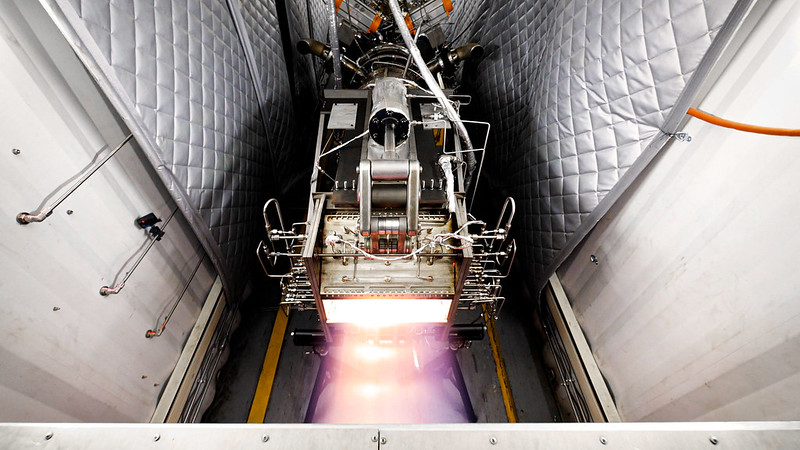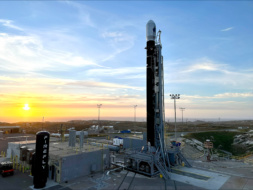Hermeus, a startup building a hypersonic aircraft capable of traveling five times the speed of sound, has completed a major milestone in engine testing. The company successfully demonstrated that its engine can transition from turbojet—like what’s used in passenger aircraft—to ramjet, a much more powerful engine technology.
Hermeus 101: The Atlanta-based startup is moving fast in every sense of the word. The founders came onto the scene in 2019 with plans for a hypersonic aircraft, won a $1.5M USAF contract a year later, and since then, have been heads-down building their technology.
Earlier this year, the company raised a $100M Series B to complete the development of this aircraft, which has its first flights slated for 2023.
Hermeus is building both military and commercial hypersonic aircraft. Its design, called Quarterhorse, would be the first reusable hypersonic aircraft.
Chimera: To reach Mach 5, the company has to design its engine to begin firing as a turbojet, then transition into a more powerful ramjet engine between Mach 2 and Mach 3.
The Chimera engine was built fast and on a budget. The company brought the engine from concept to testing in 21 months, and the whole process cost $18M.
- Using an off-the-shelf J85 turbojet engine as the foundation for Chimera contributed to the comparatively low price tag.
- About 15% of the engine is 3D printed, also helping to keep costs down.
In this engine test, the company successfully switched Chimera from turbojet to ramjet. The transition took about five seconds, as the engine redirected air around the turbojet, which shut down around Mach 3 so the ramjet could fully take over.
What’s next? The company is currently completing testing and gearing up to build its Quarterhorse aircraft ahead of planned flights next year. “We’re not an airplane company till we start building airplanes,” Glenn Case, Hermeus CTO, told Defense One. “We’re funded to flight—and we’re gonna go fly.”




